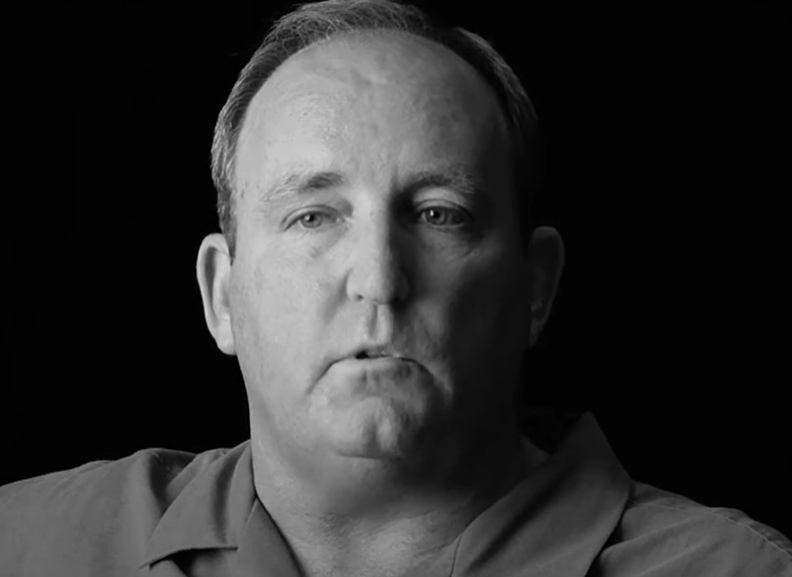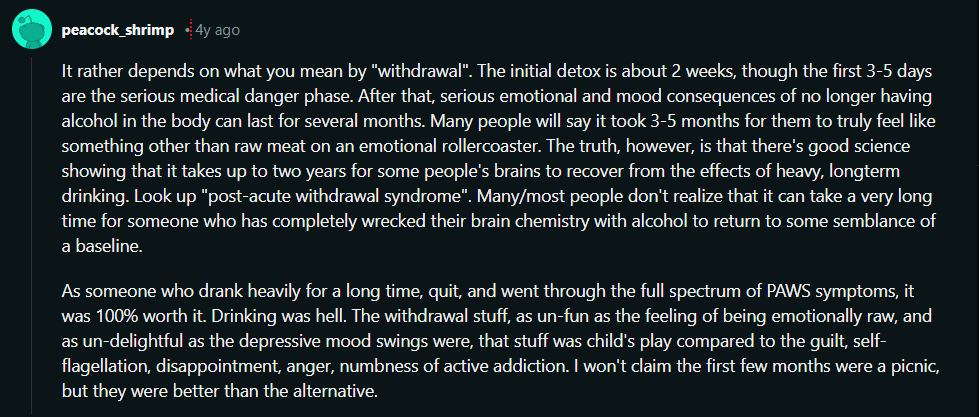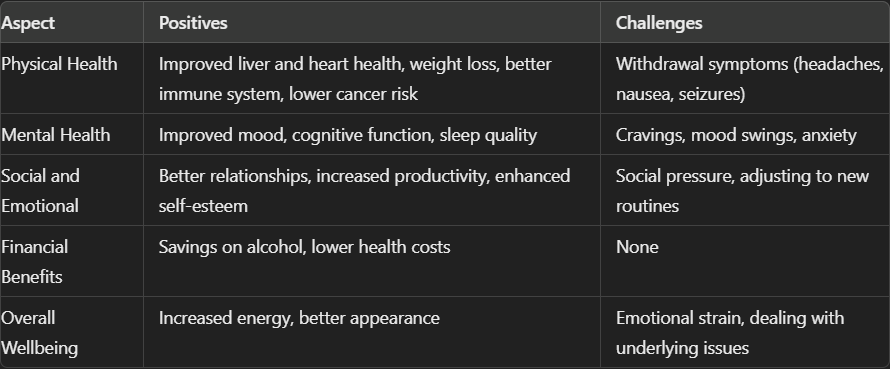Alcohol detox is the medical process of safely managing withdrawal symptoms as the body clears alcohol. Orange County offers a vital lifeline for those struggling with alcohol abuse, especially Orange County Drug & Alcohol Rehab Center. Here, various programs cater to different needs. They provide structured environments where individuals can safely withdraw from alcohol. These detox centers use both social and medical models to manage withdrawal and ensure a smoother transition to sobriety. Alcohol abuse is the most common form of substance abuse in Orange County. The rate of alcohol use disorder among adults in Orange County was 8.9% in 2019, which is higher than the national average of 6.7%. From 2000 to 2017, Orange County experienced an average of 5,500 hospitalizations. They also have an average of 700 deaths per year due to drug and alcohol-related issues

Orange County hosts numerous facilities that specialize in different levels of care. This includes outpatient and inpatient services, as well as aftercare and recovery programs. These centers are equipped with evidence-based therapies ensuring comprehensive support and effective treatment. Medication-assisted detox and holistic recovery programs are commonly available. This help address both the physical and psychological aspects of addiction.

Patrick from Orange County, CA shares his broken relationship with his family due to his alcohol addiction. Initially, he was resistant to seeking help despite his family's urging. After a while, he finally checked into Hoag Hospital with little hope for recovery. Characterized by manipulative and explosive behavior, he feared the treatment would not work. Through family counseling and the comprehensive support at Hoag, he was able to confront his issues. He can now communicate openly with his family, and ultimately achieve sobriety.
Choosing the right detox center is crucial. It involves considering insurance options, treatment specialties, and success stories from previous clients. With the right support, individuals in detox can begin their journey to a healthier, alcohol-free life
Why is Orange County CA a Great Place for Alcohol Detox?
Orange County, California, offers an ideal environment for alcohol detox. It combines beautiful landscapes and high-quality care, making recovery a positive experience. One of the main attractions is the availability of luxury detox centers. These facilities provide a serene setting. They are partnered with top-tier amenities such as fitness centers, yoga, and meditation. Patients receive 24-hour monitoring and supervision by trained and experienced medical staff. This ensures they're safe and supported throughout their detox process.

Orange County also benefits from a sunny, mild climate. The pleasant weather supports outdoor activities. This can be beneficial for physical and mental health during recovery. There are multiple detox centers to choose from, each with unique programs. From outpatient options to more intensive inpatient care, individuals can find what suits their needs best.
Additionally, the community around Orange County is known for its strong support networks. They also have numerous recovery groups. These resources help individuals stay committed to their recovery journey. The care, facilities, and environment makes Orange County great for alcohol detox.
What is Alcohol Detox?
Alcohol detox is the process of removing alcohol from the body. Medical supervision is necessary in this process. Quitting alcohol suddenly can cause severe withdrawal symptoms. According to the National Institute on Alcohol Abuse and Alcoholism (NIAAA), about 50% of people with alcohol use disorder experience withdrawal symptoms. The symptoms appear as soon as they stop consuming alcohol. Alcohol detox in rehab aims to safely manage these symptoms.
Detox centers provide supportive environments where patients get necessary care. Medical professionals monitor and help manage physical and emotional symptoms. The Journal of Substance Abuse Treatment found that medically supervised detoxification has a lower risk of health complications. These complications may include seizures and delirium tremens. It happens in 5-10% of withdrawal cases.
Detox programs vary in intensity. The common services include medical care and counseling. Research found that patients who undergo detox in a structured environment are more likely to complete the detox process. Most continue with long-term treatment.
Stages of Alcohol Detox
The alcohol detox process typically involves three stages:
- Initial Stage (6-12 Hours): Symptoms usually begin within the first 12 hours of stopping alcohol. Anxiety, nausea, and sleep issues are common.
- Peak Stage (24-72 Hours): This stage is often the most intense. Severe symptoms like tremors, confusion, and possible seizures can occur.
- Final Stage (3-7 Days): Symptoms gradually decrease after the initial peak. Some individuals might still experience mild symptoms like mood swings or fatigue.
What are the Medical Aspects of Alcohol Detox?
How to Evaluate the Need for Medical Detox
Evaluating if a person needs medical detox is a critical first step. Medical professionals assess the severity of alcohol use. They also asses the history of withdrawal symptoms, and overall health.
Conditions like seizures or serious medical issues elevate the need for medical detox. Standard assessments include blood tests and mental health evaluations. Family history of addiction and specific medical conditions are also important. This thorough evaluation guarantees that individuals receive appropriate care. So that it's tailored to their unique needs.
Medication-Assisted Treatment (MAT)
Medication-Assisted Treatment (MAT) plays a major role in alcohol detox. It combines medications with counseling and behavioral therapies to treat substance use disorders.
Key medications include benzodiazepines. This help manage anxiety, seizures, and other acute withdrawal symptoms. Experts often use long-acting benzodiazepines. Such as diazepam and chlordiazepoxide for their stabilizing effects.
MAT assists in creating a safer and more comfortable detox environment. MAT ensures that each patient receives the right combination of medication and therapy. This is to address their specific situation.
Commonly Used Medications
Several medications are used in alcohol detox to manage withdrawal symptoms and support recovery. Benzodiazepines like diazepam are commonly used to prevent seizures and alleviate anxiety.
Naltrexone is another vital medication. It reduces cravings and the euphoric effects of alcohol, supporting long-term recovery. Acamprosate helps restore the brain’s chemical balance post-detox. This mitigates symptoms like insomnia and restlessness.
Disulfiram works differently by causing unpleasant effects. Examples are nausea and palpitations, when alcohol is consumed. This deters individuals from drinking, reinforcing sobriety. Each medication plays a specific role in managing withdrawal and promoting sustained recovery.
What are the Types Alcohol Detox and Treatment Programs?
Inpatient vs. Outpatient Programs
Inpatient programs require patients to stay at a treatment facility 24/7. These are ideal for those with severe addiction or co-occurring mental health disorders. Inpatient rehab offers round-the-clock medical supervision and a structured environment to prevent relapse.
Outpatient programs allow patients to live at home while attending treatment sessions. Designed for those with less severe addiction, these programs provide more flexibility. Services include therapy, group sessions, and medical support. Outpatient options are suitable for individuals who have strong support systems at home.
Residential Treatment Programs
Residential treatment programs offer a blend of inpatient and outpatient approaches. Patients live at the facility and participate in daily treatment activities. These programs often include individual therapy, group counseling, and life skills training. Residential treatment typically lasts from 30 to 90 days. It depends on the individual's needs.
In Orange County, facilities like SoCal Detox and Laguna offer comprehensive residential treatment. These centers provide a supportive community and a structured environment. This is crucial for sustained recovery. Residential programs are beneficial to many. Especially for those who need more intensive support but do not need constant medical supervision.
Outpatient Treatment Options
Outpatient treatment programs in Orange County has a range of services that cater to different levels of addiction. Options include standard outpatient care and intensive outpatient programs (IOPs). Standard outpatient care involves weekly therapy sessions and is less intensive.
Intensive outpatient programs (IOPs) has more frequent sessions and are suitable for those needing a higher level of care. IOPs often include individual counseling, group therapy, and educational workshops. This flexibility allows patients to maintain work or school commitments while receiving treatment.
Facilities certified by State Department of Health Care Services give these outpatient options. This ensures professional and regulated care in a community setting.
How Long Does Alcohol Withdrawal Last?
Alcohol withdrawal can last from 3 days to several months. Its intensity depends on several factors. This includes the duration and amount of alcohol consumption. It also includes individual health, and whether medical assistance is provided. Generally, the timeline for alcohol withdrawal can be broken down into several stages:

Real Life Experience Regarding How Long Alcohol Withdrawal Last in Reddit

This redditor shares how long it took for him. He started by saying that initial detox lasts for about two weeks. However, he mentioned that it takes up to two years to fully recover.
What Happens After You Quit Drinking?
Quitting drinking can improve your physical, mental, and your overall health. Here’s a comprehensive look at both the positive and challenges of quitting alcohol:

What is the Phase Four of the Intensive Outpatient Counseling Program at Orange County Drug & Alcohol Rehab Center?
Phase Four of our drug treatment program entails an intensive outpatient counseling program. As you begin to feel more like yourself again without substances, you’ll need to go through an outpatient program. Especially one that will help you get to the root of your addiction.
To learn more about our outpatient counseling program and how you or a loved one can become admitted into our drug treatment program, reach out to us.
What To Expect With Phase Four Of Our Drug Treatment Program
In Phase Four, you will begin to learn how you can live a life without drugs and alcohol. While the previous phases detailed detoxing your body and your mind from substances, in Phase Four, we’ll help you with those mental hurdles. Add those unresolved emotions that you might be struggling to overcome.
We’ll help you break free of those constraints as well as help you achieve a better awareness of your own happiness with your life. When you enter Phase Four, you’ll work with a chemical dependency counselor who can help you learn how to live in the present.
How Does Phase Four Work?
Phase Four is the final step of our drug treatment program. As we enter Phase Four, you’ll start a unique form of therapy. One that will help you handle any type of mental state you might find yourself in whether it’s an easy or a hard day.
Our philosophy at Orange County Drug & Alcohol Rehab Center is based on drug and alcohol counseling needs to dive into an individual’s past. This is to fully understand what has drawn them to drugs in the first place. The negative emotions that someone might exhibit is what drives a person to want to become happier with substances. We’ll help you look toward a future that is healthier and happy with the help of a trained professional.
Why You Should Select Orange County Drug & Alcohol Rehab Center
Located in California, Orange County Drug & Alcohol Rehab Center is a premier facility dedicated to guiding you towards long-term recovery. As a family-owned center, we pride ourselves on offering a unique rehabilitation experience. We address both physical and mental addiction. Our four-phase drug treatment program is designed to help you achieve a healthier and happier life free from substances.
Why Choose Us:
- Family Owned - We offer a personal touch and a compassionate approach to your recovery journey.
- PhD Level Clinical Director - Our program is overseen by an expert with a doctoral level of expertise.
- Masters Level Therapists Specialized in PTSD and Trauma - Our therapists are specialized in treating PTSD and trauma. This ensures comprehensive care.
- State Licensed and Joint Commission Accredited - We meet the highest standards of care and safety, giving you peace of mind.
- Legitscript Certified - Our certification assures that our practices meet the rigorous standards. Both legitimacy and quality in addiction treatment.
Choose Orange County Drug & Alcohol Rehab Center for a supportive, professional, and accredited path to a substance-free life.
Any questions? Contact us anytime
Contact Us
We will get back to you as soon as possible
Please try again later
MEDICATION ASSISTED TREATMENT
We offer MAT Medication Assistant Treatment, both Maintenance and Anti Craving. Our Technological, Medical and Clinical treatment approach mitigates and heals alcoholism, opiate dependency, benzodiazepine dependency and the underlying causes and conditions.
ABOUT OC REHAB CENTER
Orange County Drug and Alcohol Rehab Center is located at Irvine Blvd Tustin, CA. We have a facility that you will go through when you become admitted to our drug treatment facility. In this part of the country, the weather is beautiful; most of the year it is sunny, and it creates the perfect atmosphere to recover from your alcohol or drug addiction. If you or a loved one are suffering from substance abuse, then learn more about our drug treatment facility to see if we’re the right program for your recovery.
